In this article
View 3 More +The latest figures from the American Veterinary Medical Association (AVMA) estimate that 326,000 American households include at least one ferret.1 Many families have more than one pet, which may lead you to ask: Can cats eat ferret food?
While felines technically can eat it, it’s not ideal. Cats and ferrets have much in common: both are members of the order Carnivora, both are obligate carnivores, and are both predators. They share many of the same nutritional requirements, and their diets have a lot of similarities, but they have very different metabolisms. Although you can feed ferret food to your cat in a pinch, it would not be a good idea to do it all the time.

The Nutritional Needs of Cats
Our domesticated cats descended from small wild felines like the sand cat and African wildcat, which preyed on a wide range of terrestrial vertebrates and birds. The Association of American Feed Control Officials (AAFCO) recommends that adult cats get a minimum of 26% protein and 9% fat in their diets, and kittens need 30% and 9%, respectively.2
One essential component of all commercial cat foods is taurine. Most animals manufacture their own taurine, but cats are unable to do so. Without taurine in their diet, cats can develop serious health problems like blindness and damaged heart muscle. This amino acid is found in animal protein, most abundantly in the liver, so cats need to consume a range of ingredients, not just muscle meat, to ensure they meet their requirements.
In terms of how much a cat needs to eat, an adult 10-pound cat should get between 180 to 200 calories daily, divided into two or maybe three small meals.3 Of course, this will vary significantly with age, activity level, overall health, and life stage, but it is a good baseline for comparison.
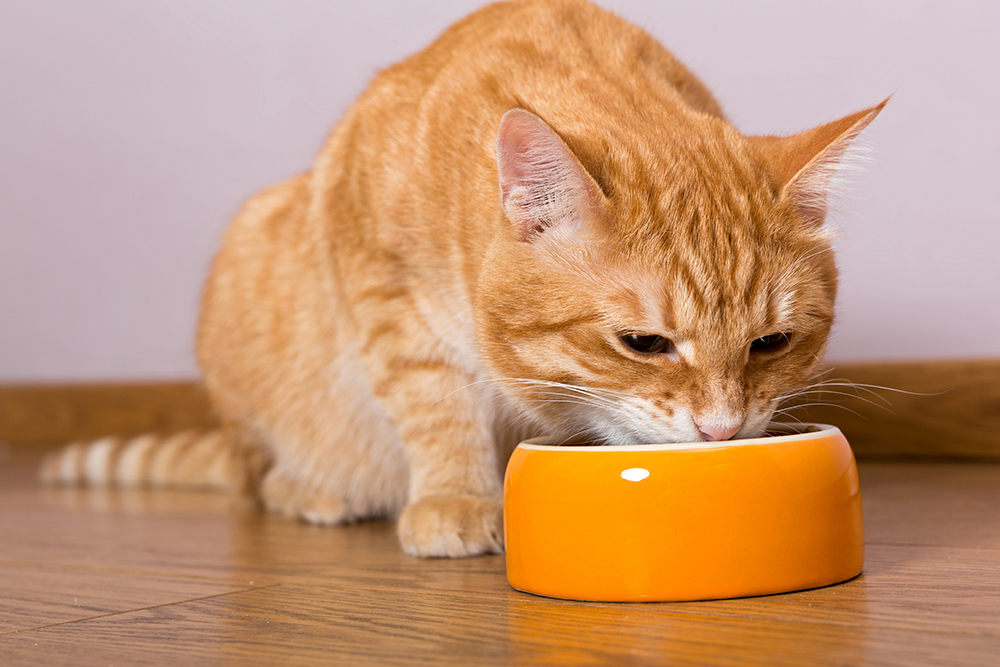
The Nutritional Needs of Ferrets
Wild ferrets don’t exist in large numbers anymore, so we must base our assessment on domesticated animals. Of course, evolution plays a significant role in shaping an organism’s diet and nutritional needs. It’s also evident in the ferret’s anatomy. These animals have a short digestive tract, which isn’t that unusual for a carnivore but shorter than we would expect. For this reason, their digestion is relatively quick and not efficient.
Ferrets thrive with a diet that contains 35 to 40% protein and 15% fat, which is quite a lot higher than cats, and their less-efficient digestive tracts mean that they need to eat more meals per day, often eating eight to 10 times a day!
Can Cats Eat Ferret Food?
Technically, yes, they can. The main components of cat and ferret foods are quite similar, and ferret foods typically contain the appropriate amount of taurine to meet your cat’s needs. However, there is a reason why one bag says Cat and the other Ferret, rather than there being a single Carnivore Food (and it’s not just clever marketing!).
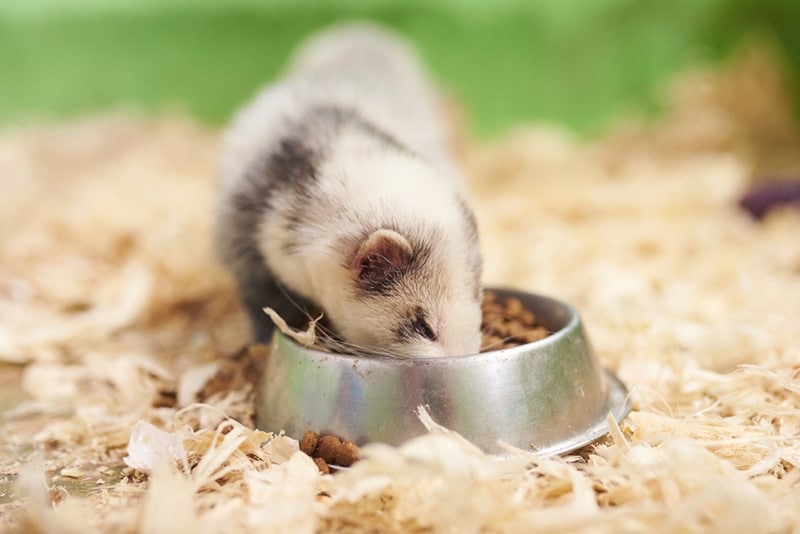
Problems With Giving Cats Ferret Food
Apart from any specific dietary allergies or intolerances your cat might have, the primary issue with feeding ferret food to your cat is the fat and protein levels. Depending on the brand, some ferret foods can contain as much as 62% protein, and around 18% fat (although many have protein levels closer to 36-40%). This is to ensure the food is meeting their nutritional needs despite their inefficient digestion.
Although the occasional mouthful, or even a meal in an emergency, won’t be harmful to your cat, feeding ferret food to your feline can have long- and short-term issues:
- Short-term: Being higher in fat, along with being different to their regular diet, is more likely to result in gastrointestinal upset for your kitty. If you are needing to feed some ferret food to your cat because you’ve run out, we would suggest only feeding a very small amount.
- Long-term: The comparatively high fat content in ferret food can spell trouble for your cat’s weight, with obesity being one of the leading causes of feline diabetes and urethral obstruction in male cats. Additionally, ferret foods that are particularly high in protein (> 40%) can lead to kidney damage in cats if they were to eat it for too long.
Equally, if the reverse were to occur and you needed to offer some cat food to your ferret, this would be okay, but in the long-term, it would lead to nutritional deficiencies.
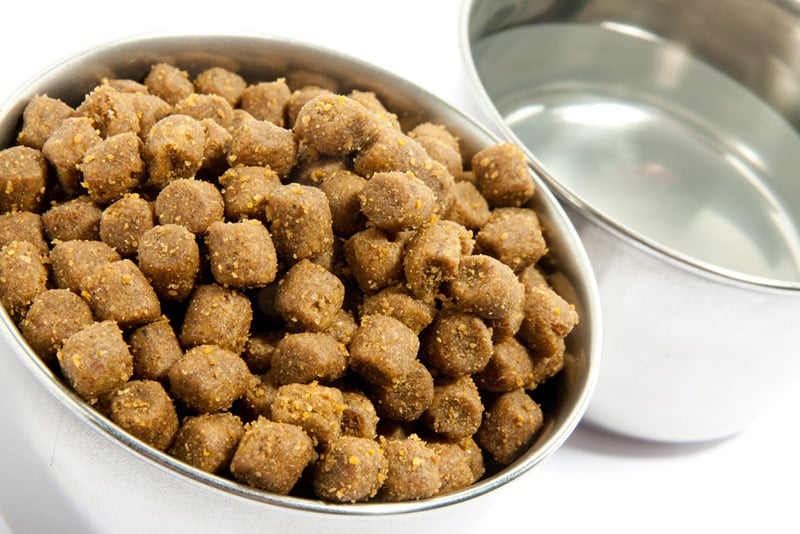

Final Thoughts
Although cats and ferrets share many attributes, they shouldn’t be sharing the same bowl of food. The way in which ferret food is designed to meet their specific digestive and metabolic needs makes it less than ideal for our feline friends, being too high in fat and protein. Although it would be safe to offer your kitty a small serving of ferret food to tide them over until you can hit the shops tomorrow, it should not be a regular occurrence.
They may have a lot in common, but their differences are significant enough for them to need diets formulated specifically for their species. However, if you would like a tasty treat they’ll both enjoy, a few pieces of cooked meat will score you points in both ferret and feline camps.
See also:
- Estate Planning For Pets: Can You Put Your Cats In Your Will?
- Why Do Cats Drop Toys in Water? 10 Possible Reasons
Featured Image Credit: Artsiom,Shutterstock
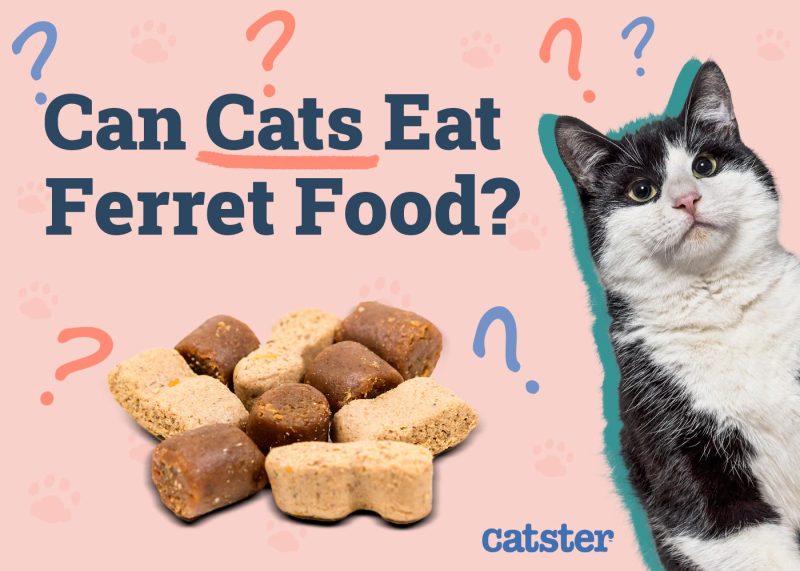

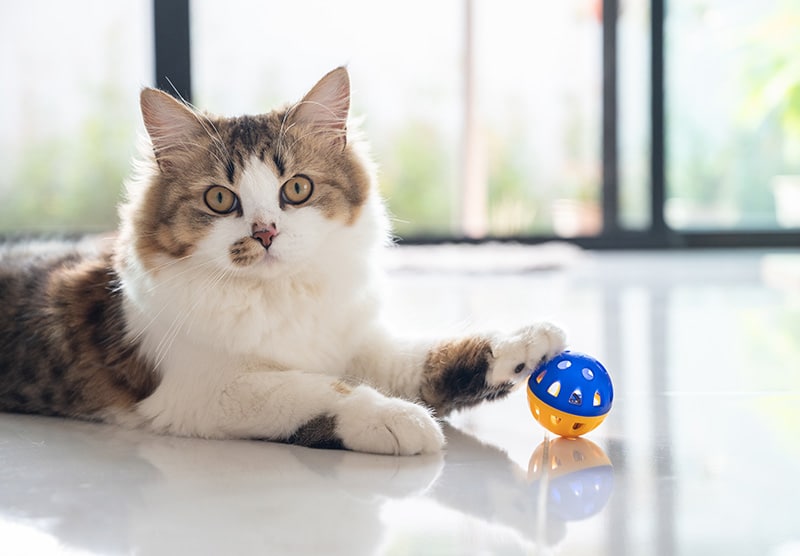
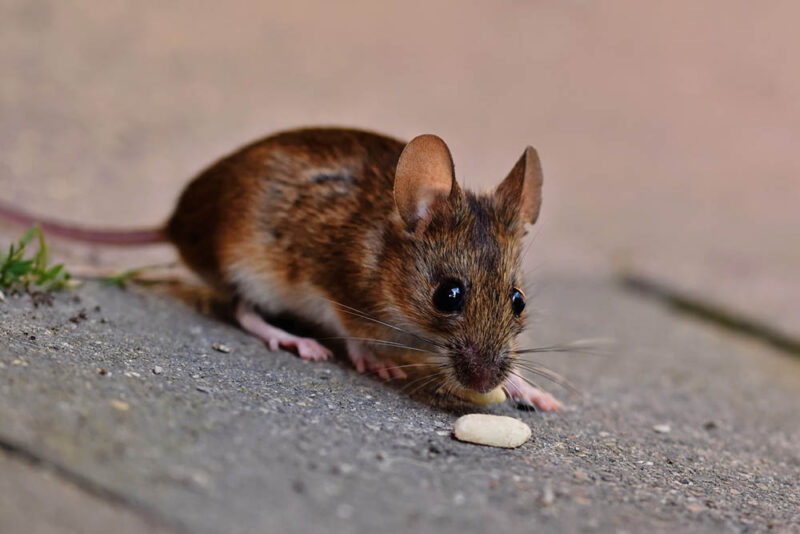
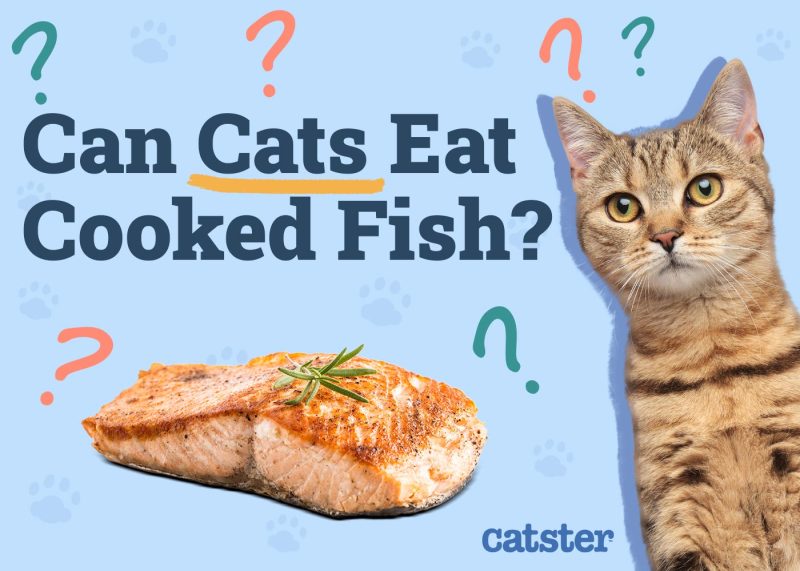
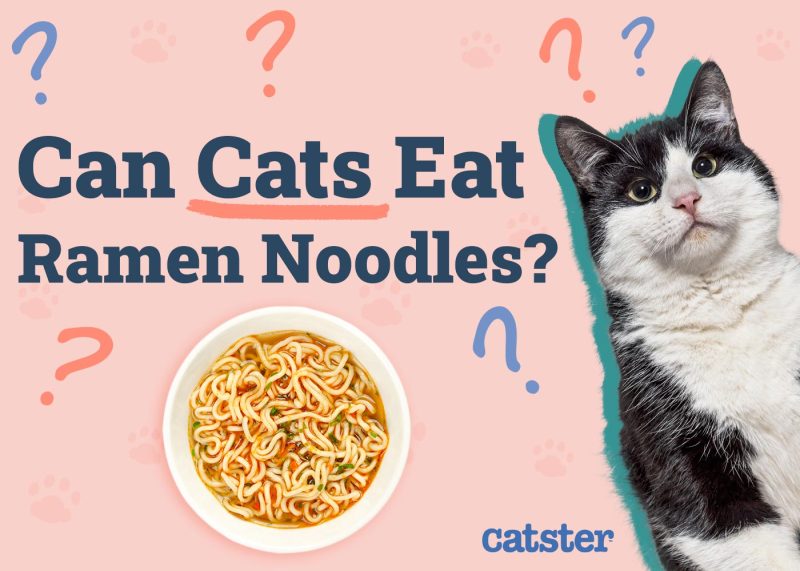
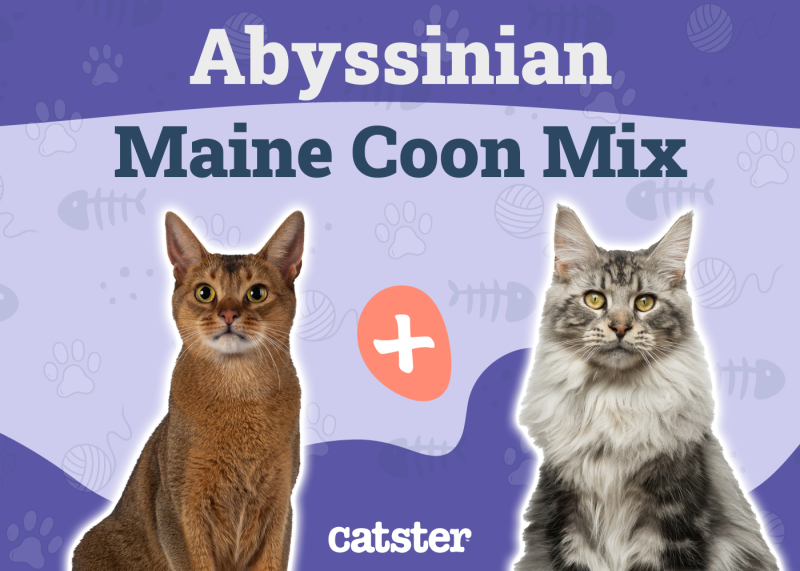
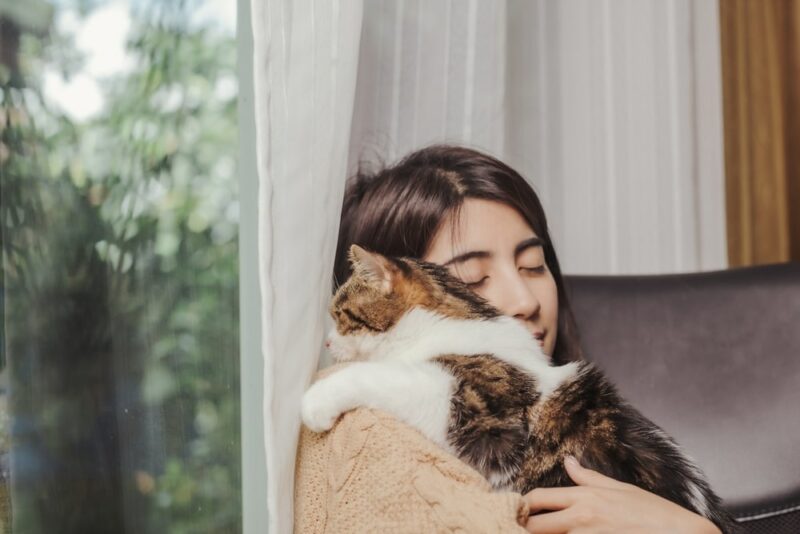
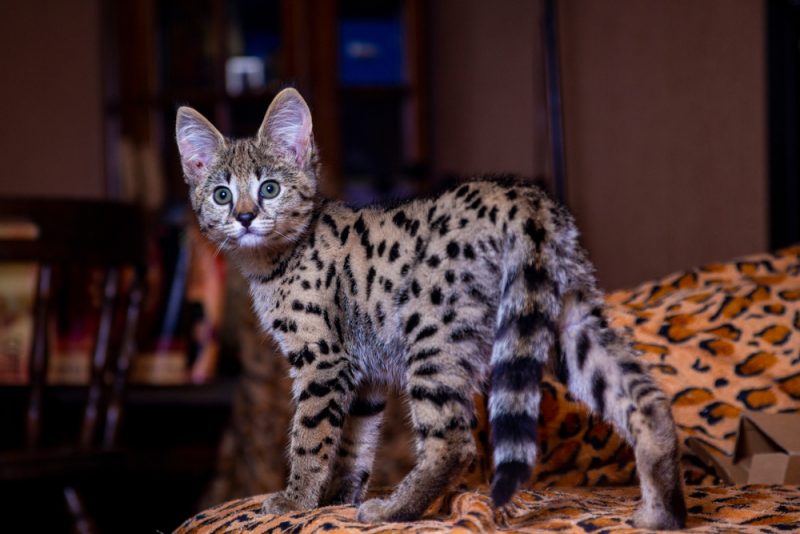
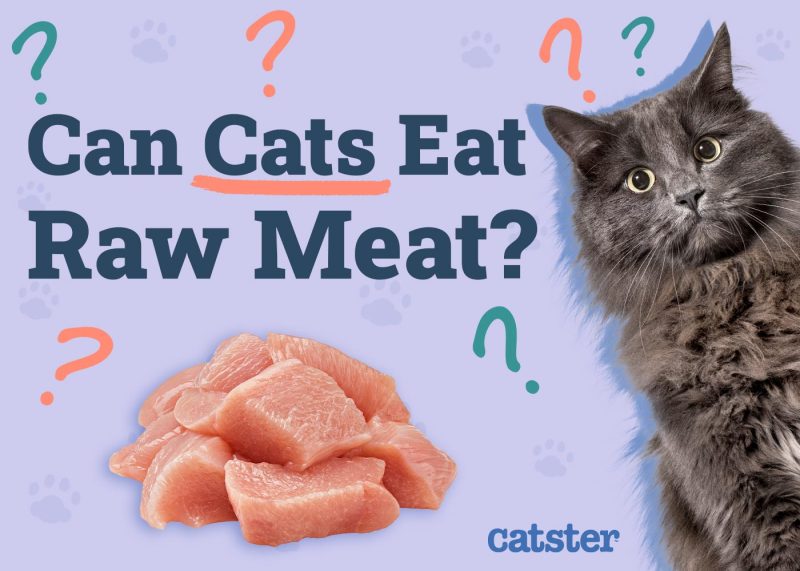
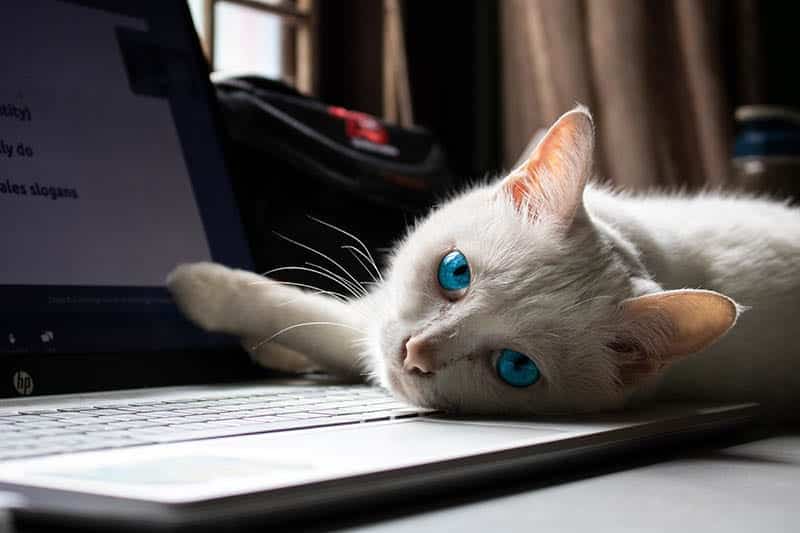
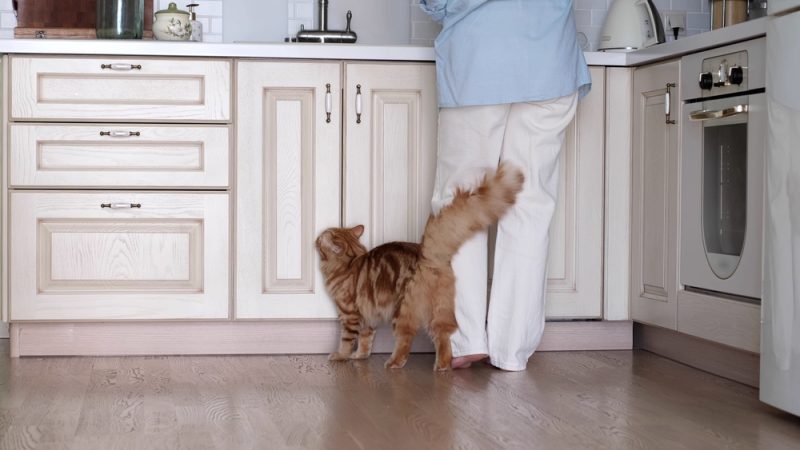
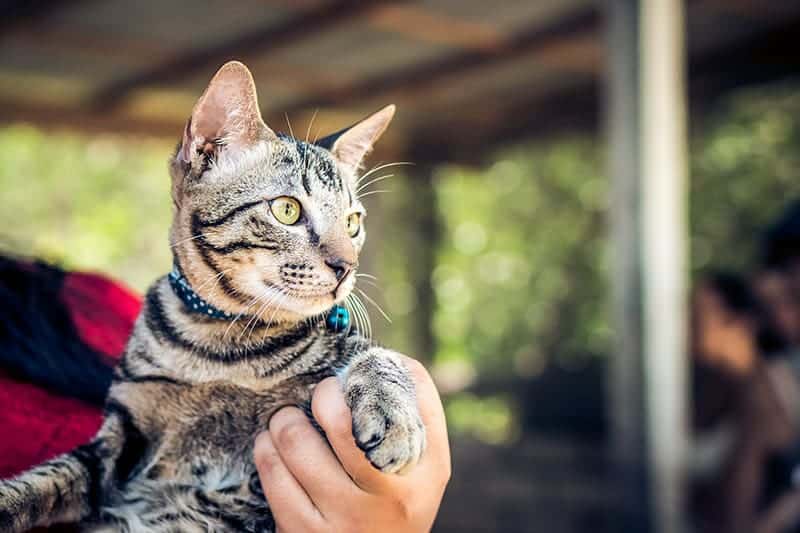
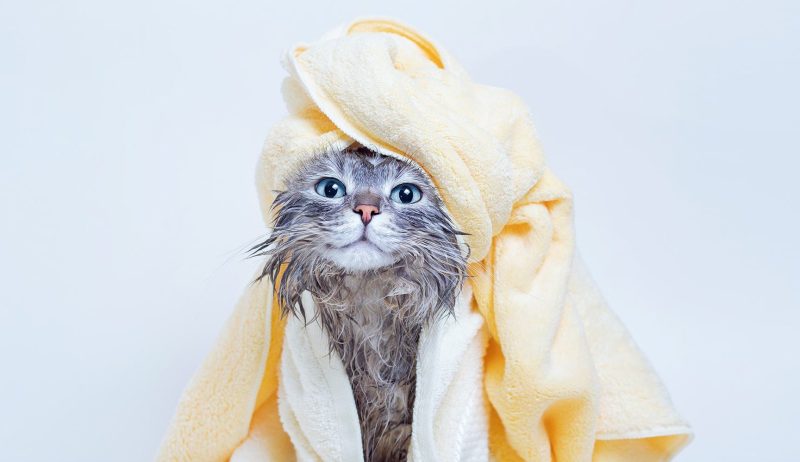

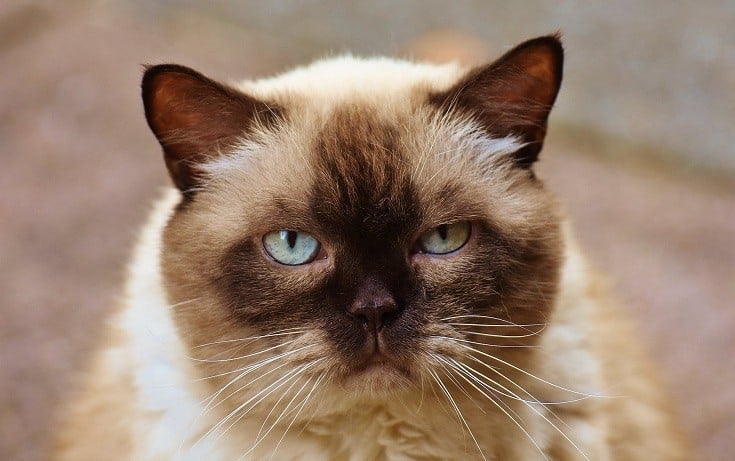
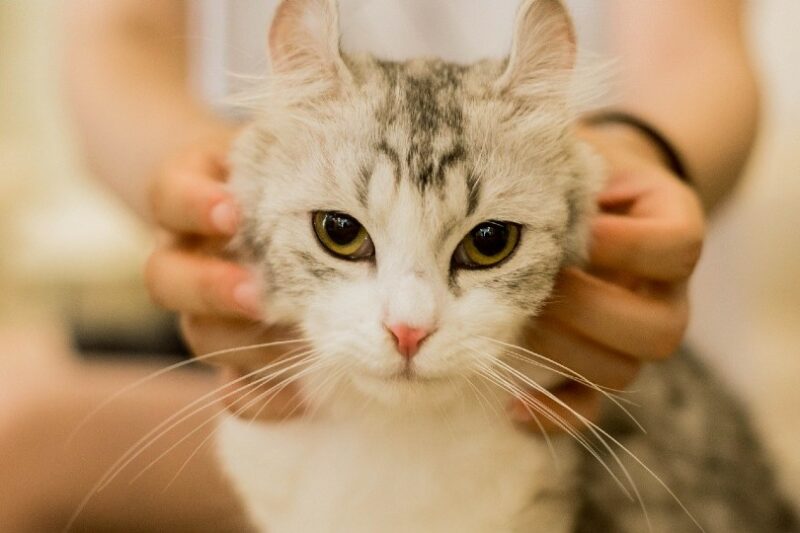
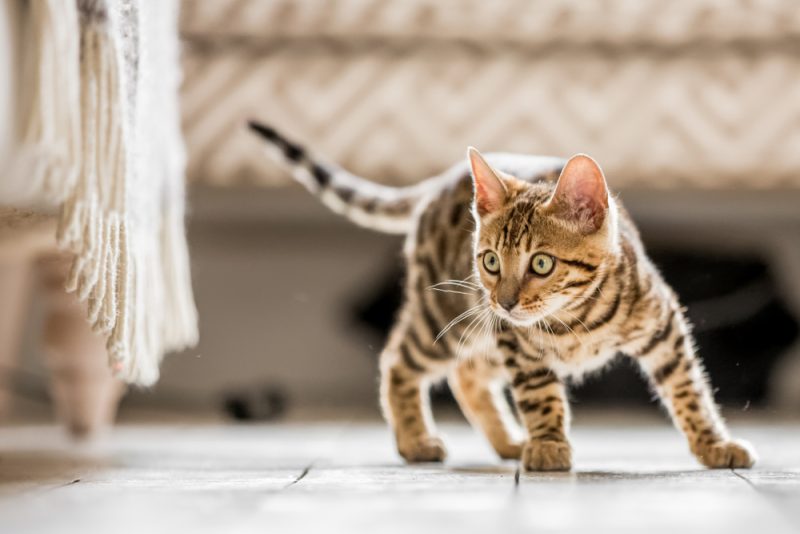

2 Responses
It didn't answer my question about KITTENS?
Hi Nancy, Catster’s team here. We don't see any questions about KITTENS in this post’s comment section, so we are not able to assist you.